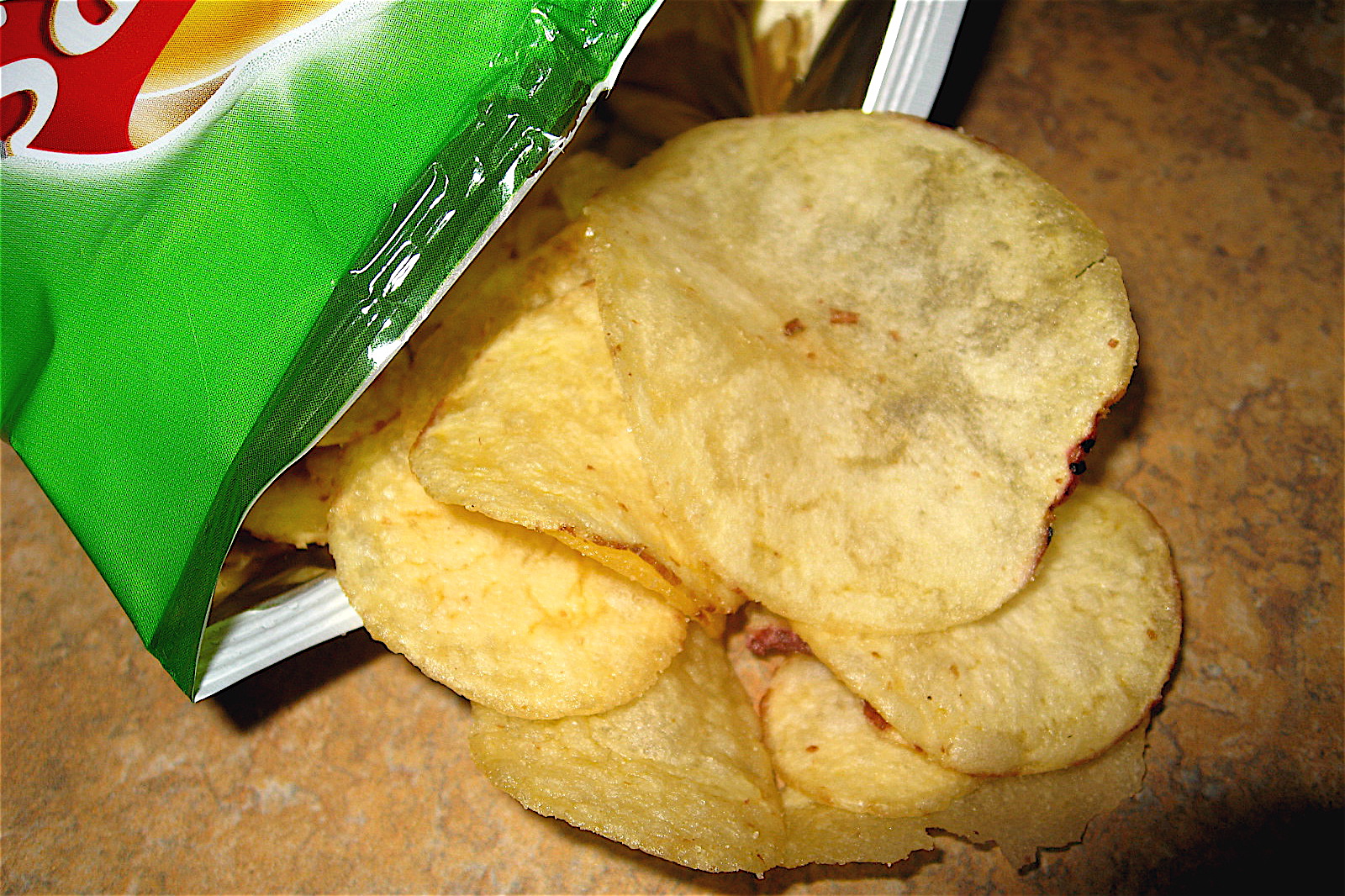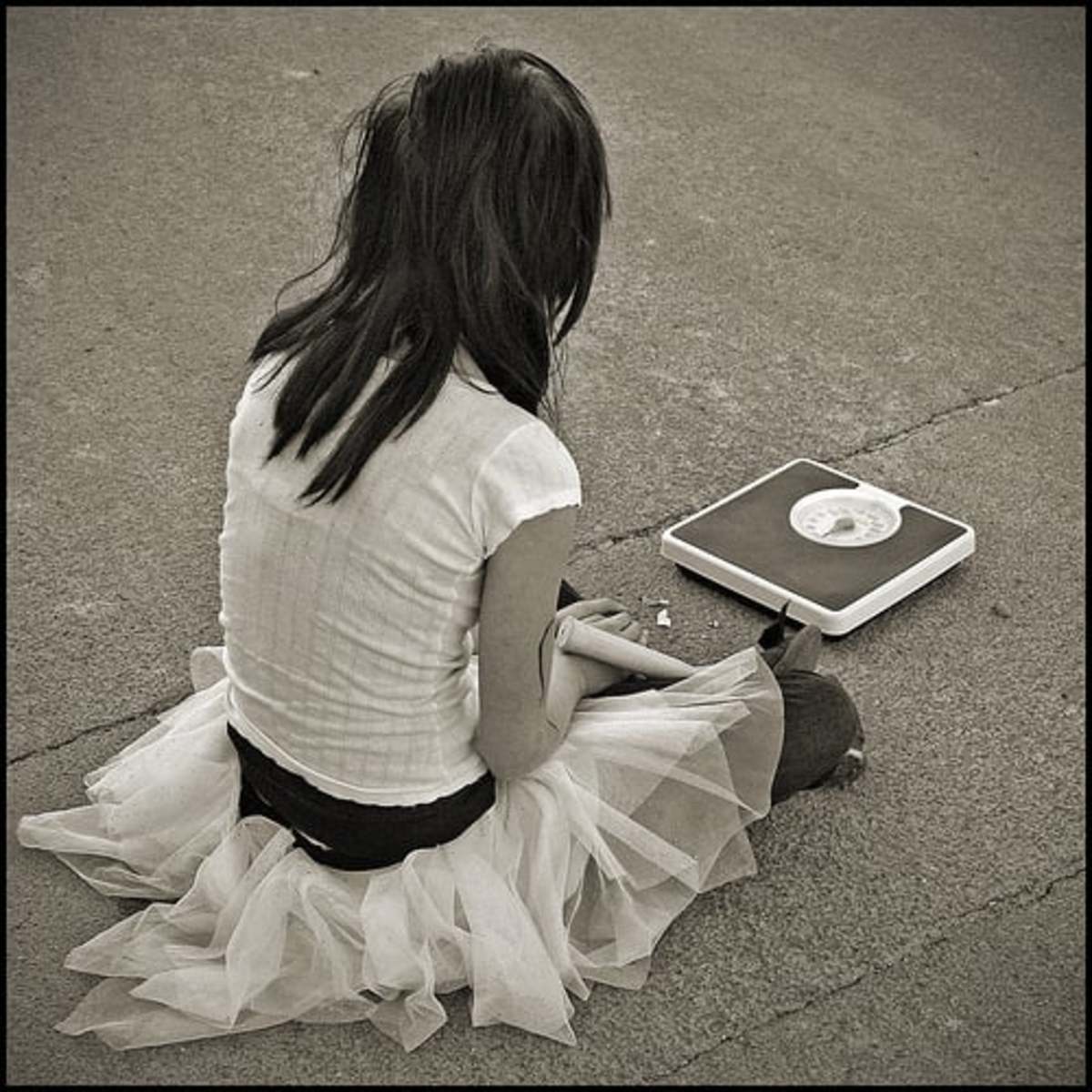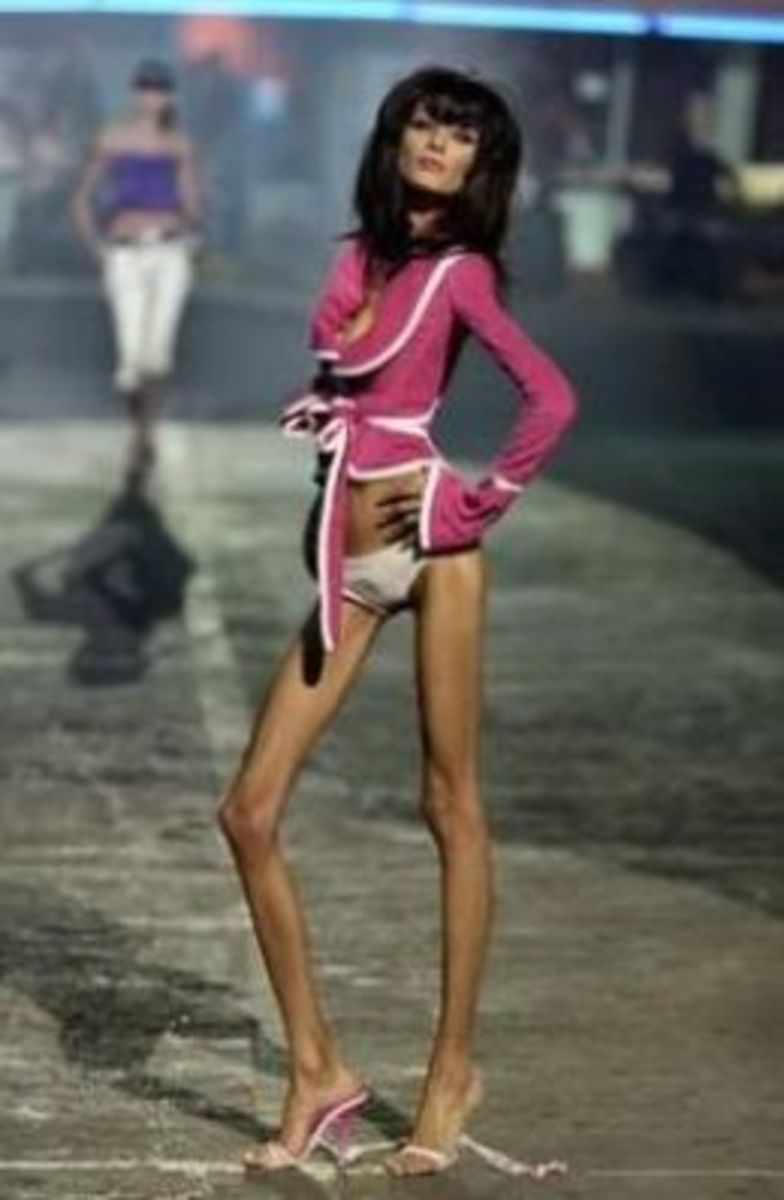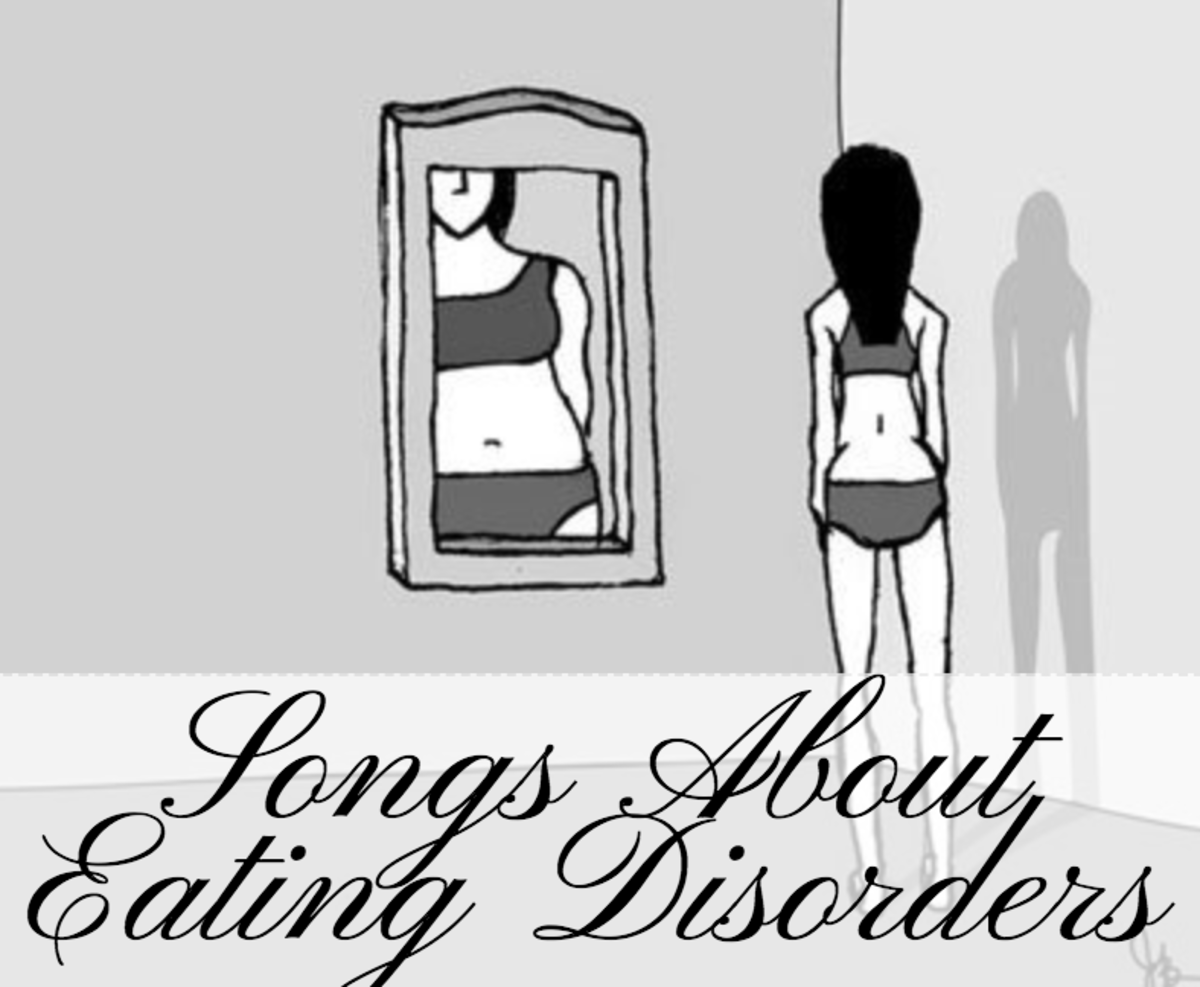Eating During Sleep? - Nocturnal Sleep-Related Eating Disorder

Sleep Walking And Eating?
Do you wake up feeling full in the morning, with no recollection of eating? Find crumbs on your pillow, empty food packaging in the kitchen or on the floor? No, you're not crazy. You may be suffering from Nocturnal Sleep-Related Eating Disorder (NS-RED).
Contrary to its name, NS-RED is not strictly categorized as an eating disorder, but rather a parasomnia, a sleep disorder that involves performing activities that one normally does awake--in this case eating. People with sleep-eating disorder, similar to sleepwalkers, have no memory of engaging in the behavior after the fact, or perhaps a vague recollection that might seem more like a dream than reality, until the evidence of eating is discovered.
What Causes Sleep-Eating?
About 1-3% of the population may suffer from nocturnal sleep-related eating disorder, compared to the 18% who suffer from somnambulance (or sleep-walking). The exact causes of sleep-eating are as yet unknown, but there seem to be some common contributing factors.
Regularly going to bed hungry and chronic dieting can contribute to sleep-eating. The food consumed during sleep-eating episodes usually consists of high-fat and high-sugar products that people deny themselves while awake. During waking hours, a person may be able to deprive him- or herself, but at night the body may take back control and seize the opportunity to ingest the extra calories it is missing.
Sleep apnea may also feed NS-RED, since the cycle of half-waking in response to stopped breathing can provide an easy gateway into the semi-concious state in which sleep-eating occurs. Part of the brain is active and awake, enabling the sleep-eater to find his or her way around the house, prepare food, etc, while the parts that might be aware of (or interfere in) the behaviors are not. In the same way, stress and anxiety that impede restful, normal sleep can lead to nocturnal eating.
Like most parasomnias, there is probably also a genetic componant to sleep-eating.
Sleep-Eating and Ambien
The FDA received reports that some users of the prescription sleep aid Ambien experienced episodes of binge-eating while asleep after taking the medication. Most of these had no recollection of the binge when they awoke. These claims are still under investigation, and a scientific paper on the subject is pending.
Treatment of Sleep-Eating
In some cases, the prescription of SSRIs has proven beneficial in the treatment of NS-RED. Sleeping pills can only make matters worse, increasing confusion and lethargy which makes injury during episodes more likely.
Therapy and stress-management techniques are very helpful in reducing risk for sleep-eating. Many of those who suffer find that episodes are fewer and farther-between if they listen to soft music or rhythmic sounds such as ocean- or white noise.
Proper nutrition is also important. Self-deprivation triggers episodes, so eating a healthy, well-balanced diet including a variety of flavors, textures and colors can help prevent them. Eating a little bit of dairy product such as cottage cheese or yogurt, or drinking a warm glass of milk, can help you fall asleep and ward off night-time binges.
Anyone who believes he or she might be suffering from nocturnal sleep-related eating disorder should seek out a doctor's advice, and, if possible, pursue observation at a sleep disorder center.









